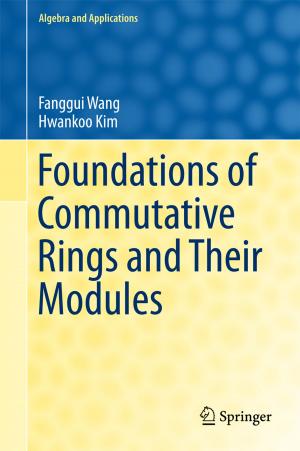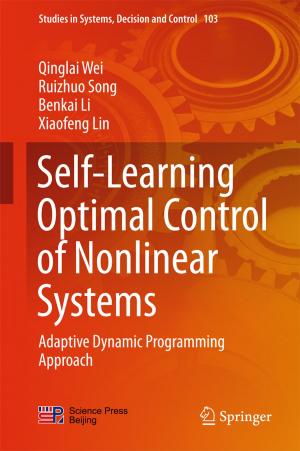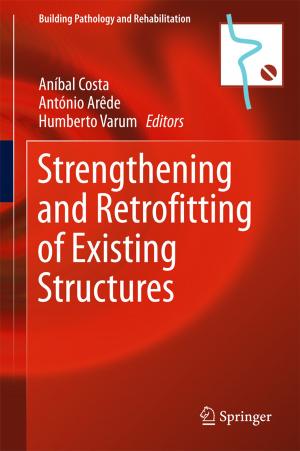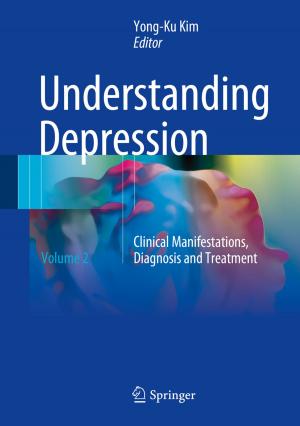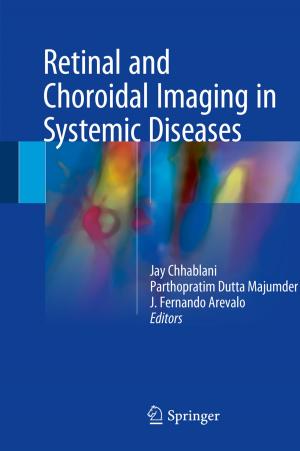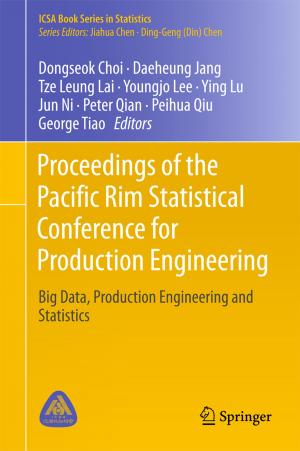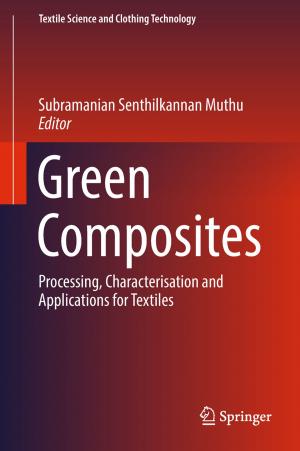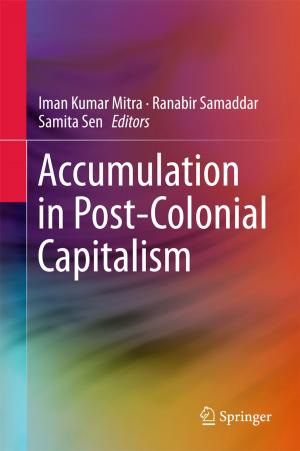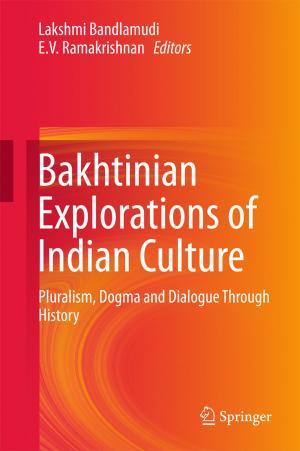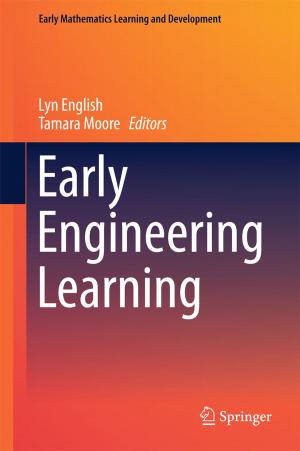Rethinking Economics
From Analogies to the Real World
Business & Finance, Economics, Econometrics, Theory of Economics| Author: | Stuart Birks | ISBN: | 9789812871763 |
| Publisher: | Springer Singapore | Publication: | August 27, 2014 |
| Imprint: | Springer | Language: | English |
| Author: | Stuart Birks |
| ISBN: | 9789812871763 |
| Publisher: | Springer Singapore |
| Publication: | August 27, 2014 |
| Imprint: | Springer |
| Language: | English |
This brief responds to the criticism that mainstream economics is currently facing due to its heavy reliance on models and narrow range of quantitative research techniques. It takes a broader view, identifying issues that are also relevant for heterodox and pluralist approaches to economics. By acknowledging that the world of theory is not the same as the reality that we are trying to understand, the brief focuses on three paths that generally receive little attention. These are: from theory to the real world; from theory to empirical analysis; and from empirical results to policy application. Each path highlights a range of related concerns and qualifications, and the focus on these transitions provides a strong basis for critical evaluation of analyses and potentially more realistic results and recommendations. It also provides a framework for synthesizing information from alternative schools of thought and across disciplines. In addition, the importance of framing and rhetoric is demonstrated. The brief addresses philosophical and methodological issues using a clear, non-technical approach that can be easily understood by a non-specialist audience.
This brief responds to the criticism that mainstream economics is currently facing due to its heavy reliance on models and narrow range of quantitative research techniques. It takes a broader view, identifying issues that are also relevant for heterodox and pluralist approaches to economics. By acknowledging that the world of theory is not the same as the reality that we are trying to understand, the brief focuses on three paths that generally receive little attention. These are: from theory to the real world; from theory to empirical analysis; and from empirical results to policy application. Each path highlights a range of related concerns and qualifications, and the focus on these transitions provides a strong basis for critical evaluation of analyses and potentially more realistic results and recommendations. It also provides a framework for synthesizing information from alternative schools of thought and across disciplines. In addition, the importance of framing and rhetoric is demonstrated. The brief addresses philosophical and methodological issues using a clear, non-technical approach that can be easily understood by a non-specialist audience.

